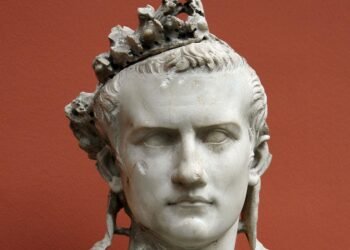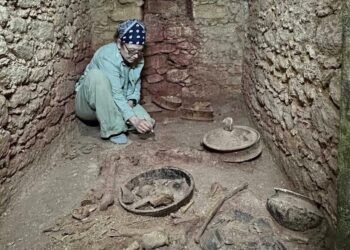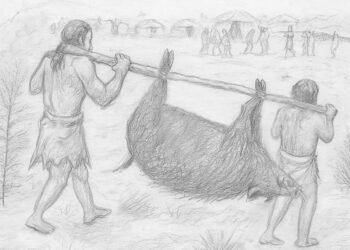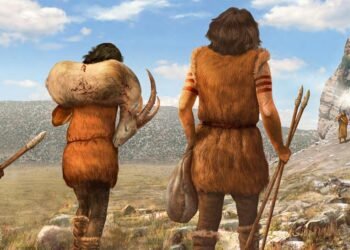Ongoing excavations at the Thracian Ancient City of Heraion Teikhos in Turkey have revealed a 2,800-year-old temple housing an unprecedented “ancient pharmaceutical production area.”
The archaeological team from Istanbul Rumeli University, led by Professor Dr. Neşe Atik, has identified a dedicated water supply system supporting this unique facility within the temple’s confines.
The Thracian city, situated on the north coast of the Sea of Marmara in the region of East Thrace, has been a focal point for researchers since 2000. In 2021, the team unearthed a temple in the city’s acropolis, laden with rare artworks and believed to have been lost in a fire around 2 BCE.

Professor Atik told Hurriyet Daily News that despite the temple’s mostly ruinous state, the team had previously removed statues of gods, including Kybele, Eros, and Aphrodite, along with bronze coins and amphora.
Thracians, known for their rich culture and formidable warriors, thrived in Southeast Europe from 2000 to 1500 BCE, spanning present-day Bulgaria, Greece, and Turkey. Their intricate metalwork, especially in gold and silver, and legendary figures like Spartacus, have left an indelible mark on the region’s history.
The excavation team’s primary objectives are twofold: to preserve the settlement for cultural tourism and to contribute to the scientific understanding of the site. Over the past two decades, the site has yielded statues, terracotta pots, metal artifacts, and coins. However, the focus has now shifted towards unearthing the pharmaceutical production area and understanding the water transport system to the medical center.
Unlike typical water systems in hilltop settlements, the excavators discovered that water at Heraion Teikhos was not supplied from cisterns but from a wooded area several kilometers east of the site. Terracotta pipes connecting pools of water with stone channels were identified, marking the first archaeological evidence of medicine ovens and a water system in such close proximity.
Professor Atik emphasized the scientific significance of this discovery, stating, “The fact that the medicine ovens and the clean water system and pools required for medicine making were located close to each other in the same areas is scientifically important since it is the first time they have been identified archaeologically.”
This revelation aligns with previous findings in other Thracian sites. In Durankulak, Bulgaria, skulls of contemporary Thracian people dating back to the 8th millennium BCE were discovered with trepanation marks, showcasing early medical practices.
Moreover, a Thracian tomb in Karanovo revealed a set of 18 silver and gold surgical instruments near a skeleton, highlighting the advanced medical knowledge within the ancient Thracian culture. Associate Prof. Krassimir Koev, part of the investigating team in 2011, proposed that “an organized form of medical treatment existed with the Thracians.”
According to Ancient Origins, ancient Greeks referred to medicine as “iatrikē,” intertwining the spiritual and physical aspects. They believed in the influence of humors, including geographic location, social class, diet, trauma, beliefs, and mindset, on health.
Over time, this spiritual perspective transitioned into a more practical approach, devoid of divine attributions. Similarly, the Thracian civilization might have experienced a parallel evolution from divine to practical medicine, awaiting further exploration and understanding.
























So what pharmaceuticals were they producing?